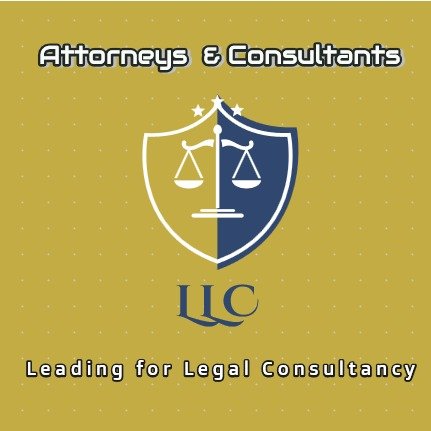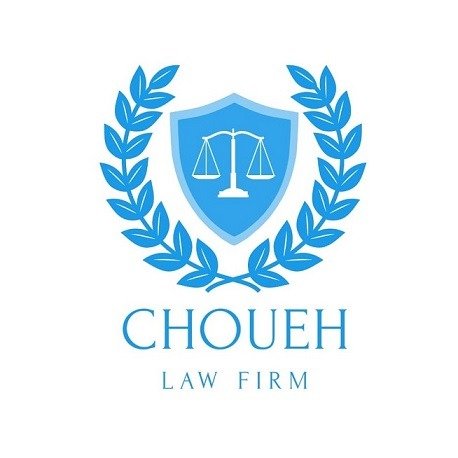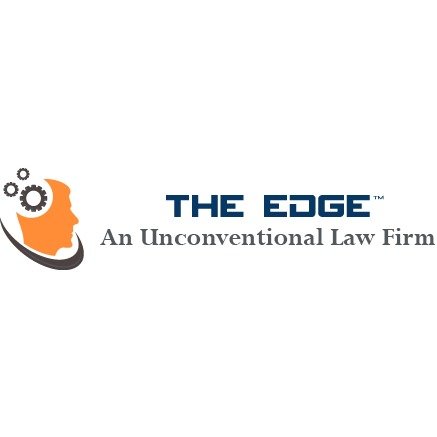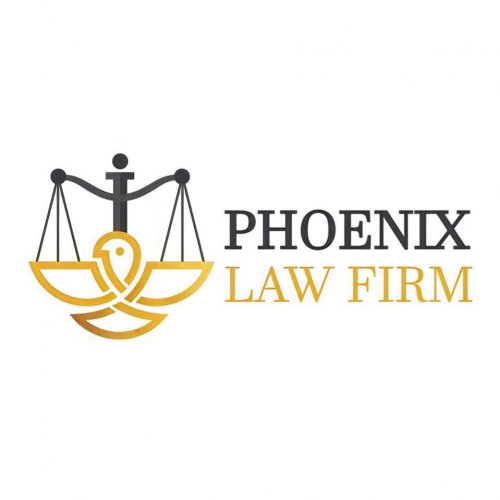Best Business Lawyers in Beirut
Share your needs with us, get contacted by law firms.
Free. Takes 2 min.
List of the best lawyers in Beirut, Lebanon
About Business Law in Beirut, Lebanon
Beirut, the capital of Lebanon, is a vibrant hub of business and commerce in the Middle East. The city offers a unique combination of traditional and modern business practices, making it an attractive destination for investors and entrepreneurs. Business law in Beirut encompasses a wide range of legal areas, including corporate governance, contracts, employment law, real estate, taxation, and dispute resolution. The Lebanese legal system is based on a combination of civil law, religious law, and customary law, providing a complex but robust framework for conducting business.
Why You May Need a Lawyer
In the dynamic business environment of Beirut, there are several situations where legal assistance may be crucial:
- Setting up a new business or company and navigating the regulatory requirements.
- Drafting and reviewing contracts with clients, employees, or suppliers.
- Handling employment disputes or ensuring compliance with labor laws.
- Managing mergers and acquisitions or restructuring a business.
- Addressing tax-related issues or understanding comprehensive tax regulations.
- Resolving commercial disputes or pursuing litigation.
- Handling intellectual property matters to protect business innovations.
Local Laws Overview
The legal landscape in Beirut is characterized by its unique mix of local and international influences. Here are some key aspects of business laws in Beirut:
- The Lebanese Commercial Code governs various aspects of commercial dealings and company laws, establishing a framework for business operations.
- Labor laws in Lebanon are overseen by the Ministry of Labor, which provides guidelines on employment contracts, working conditions, employee benefits, and dispute resolution mechanisms.
- The Lebanese tax system covers corporate tax, VAT, and other business-related taxes, requiring businesses to adhere to specific filing and payment obligations.
- Intellectual property rights are protected under Lebanese law, which aligns with international treaties like the Paris Convention.
- Dispute resolution can occur through the Lebanese judicial system or via arbitration, which is recognized as an efficient alternative for business disputes.
Frequently Asked Questions
What types of business entities can I establish in Lebanon?
In Lebanon, you can establish various types of business entities, including limited liability companies (LLCs), joint-stock companies (JSCs), branches or representative offices of foreign companies, and sole proprietorships, each with its own legal implications and requirements.
Is it difficult to start a business in Beirut?
Starting a business in Beirut involves navigating regulatory requirements, but legal assistance can simplify the process. Compliance with local laws, such as registration and licensing, is necessary to operate legally.
What are the tax obligations for businesses in Beirut?
Businesses in Beirut must adhere to corporate tax obligations, which include annual filings and potential liabilities such as VAT. Consulting with a tax advisor or lawyer familiar with Lebanese tax law can ensure compliance.
Can foreign investors fully own a company in Lebanon?
Yes, Lebanon generally allows foreign investors to own 100% of a company, particularly in specific sectors. However, some restrictions may apply depending on the industry.
How is intellectual property protected in Lebanon?
Lebanon has regulations to protect intellectual property rights, including trademarks, patents, and copyrights, aligning with international conventions. Registration is crucial for protection and enforcement.
What labor laws should employers be aware of in Beirut?
Employers must comply with the Lebanese Labor Code, which covers employment terms, wages, working hours, occupational safety, and termination procedures. Legal guidance can help navigate these requirements.
How can commercial disputes be resolved in Beirut?
Businesses can resolve disputes through litigation in the Lebanese courts or consider arbitration as an alternative, which is often quicker and cost-effective, with the guidance of legal counsel.
Are there specific incentives for startups in Beirut?
Lebanon offers various incentives for startups, especially in tech and innovation, including access to funding, coworking spaces, and governmental programs aiming to foster entrepreneurship.
Do public procurement opportunities exist for small businesses?
Yes, small businesses can participate in public procurement by complying with the regulations set by the Lebanese government, often requiring collaboration with local partners and meeting specific criteria.
What role does the chamber of commerce play in business activities?
The Beirut Chamber of Commerce serves as a supportive platform for businesses, offering resources, networking opportunities, advocacy, and legal guidance to help businesses thrive in the local market.
Additional Resources
For those seeking further information or assistance regarding business in Beirut, consider reaching out to these resources:
- Beirut Chamber of Commerce, Industry, and Agriculture
- Investment Development Authority of Lebanon (IDAL)
- Lebanese Ministry of Economy and Trade
- Association of Lebanese Industrialists
- Lebanese Lawyers Syndicate
Next Steps
If you require legal assistance in business matters, consider the following steps:
- Identify your specific legal needs and the type of advice or representation required.
- Seek recommendations for reputable business lawyers or law firms in Beirut with experience in your industry.
- Schedule consultations to assess the lawyer's expertise, approach, and compatibility with your business goals.
- Discuss fees and payment structures upfront to avoid surprises.
- Always ensure your lawyer is licensed to practice in Lebanon and is in good standing with the Lebanese Bar Association.
Lawzana helps you find the best lawyers and law firms in Beirut through a curated and pre-screened list of qualified legal professionals. Our platform offers rankings and detailed profiles of attorneys and law firms, allowing you to compare based on practice areas, including Business, experience, and client feedback.
Each profile includes a description of the firm's areas of practice, client reviews, team members and partners, year of establishment, spoken languages, office locations, contact information, social media presence, and any published articles or resources. Most firms on our platform speak English and are experienced in both local and international legal matters.
Get a quote from top-rated law firms in Beirut, Lebanon — quickly, securely, and without unnecessary hassle.
Disclaimer:
The information provided on this page is for general informational purposes only and does not constitute legal advice. While we strive to ensure the accuracy and relevance of the content, legal information may change over time, and interpretations of the law can vary. You should always consult with a qualified legal professional for advice specific to your situation.
We disclaim all liability for actions taken or not taken based on the content of this page. If you believe any information is incorrect or outdated, please contact us, and we will review and update it where appropriate.
Browse business law firms by service in Beirut, Lebanon
Beirut, Lebanon Attorneys in related practice areas.













